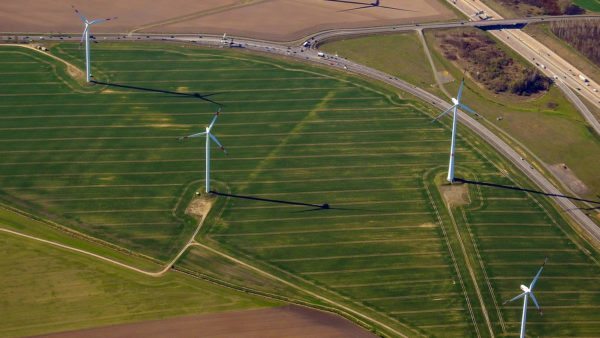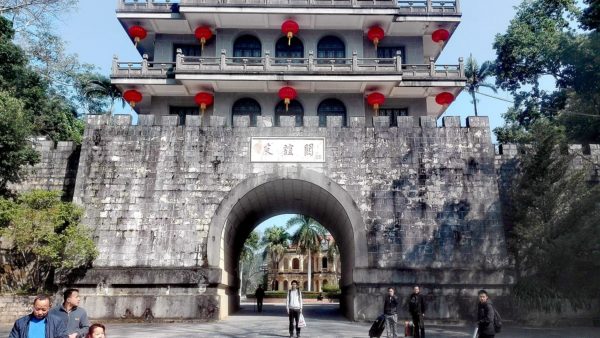Australia looks set to become the latest ally of the US to ignore its wishes and join a new, Chinese-led infrastructure bank that could rival the American-controlled World Bank and spark a wave of new building projects in Asia.
Cabinet approval was expected today after the country’s National Security Committee cleared the way for Australia to become a founding member of the new Asian Infrastructure Investment Bank (AIIB) and invest up to AUS$3bn in it, Fairfax Media reported.
The news follows 10 days of diplomatic flurry set off by the shock announcement by the UK on 12 March that it would become the first major Western country to apply to join the AIIB, which was established in October 2014 by China and 20 other initial country members.
The UK’s move appeared to take the US by surprise and drew an irritable response, according to the Financial Times newspaper, which quoted an unnamed senior US administration official as complaining about a lack of consultation with the US and also of "constant accommodation" of China.
Since then, in quick succession, France, Germany, Italy, Luxembourg and Switzerland have applied to join the AIIB ahead of the 31 March deadline. Other US allies who stayed away from the 2014 signing ceremony, including Indonesia and New Zealand, have already applied.
The US expressed concern about the AIIB on the grounds that it may not have the same standards as the World Bank and affiliated regional lenders such as the Asian Development Bank, which the US to a large extent controls. But observers believe the real reason for American resistance is that the AIIB will be a vehicle for China’s influence in the region. If true, it is a stance that appears to have left the US isolated.
"Objecting to the establishment of such a bank because of China’s leading role in it seemed petulant," writes Kerry Brown, professor of Chinese politics at the University of Sydney, in a blog for the Royal Institute of Foreign Affairs (Chatham House). He argues that the US must allow a greater role for China – the world’s second-biggest economy – in bodies like the World Bank and the IMF. "If the US cannot expand its horizons in this most politically manageable of spaces, then what hope is there over other issues? Its exceptionalist mindset was too blatant this time."
Praising Australia’s expected application to the AIIB, Ross Buckley, professor of international finance law at the University of New South Wales, said that getting involved would be good for Australian business. "More investment in infrastructure in East Asia is wonderful news for Australian engineers, architects, investment bankers and lawyers," he wrote today in Australia’s The Age newspaper. "We still tend to think about commodities exports but our future lies in services exports. Opportunities on AIIB projects will go to its member nations, as is the way of these things."
His only regret was that Australia did not sign up sooner: "It would have been far better for us to accept the initial invitation some six months ago and be seen as a leader in this regard rather than a somewhat embarrassed follower."
After the UK’s announcement on joining the AIIB, Fairfax Media reported that the Australian cabinet was split over the issue of joining, with prime minister Tony Abbott (pictured) and foreign minister Julie Bishop holding to the US line on standards.
Photograph: Australian prime minister Tony Abbott, left, with US secretary of state John Kerry in Indonesia, October 2013 (US Department of State/Wikimedia Commons)










